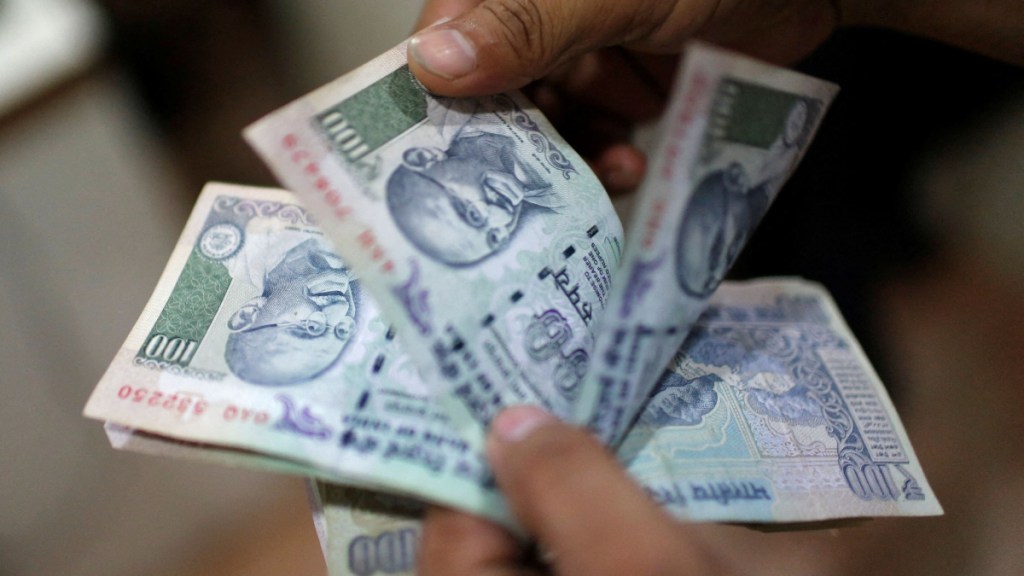After staying surplus in the first half of April, liquidity in the banking system has returned to deficit in May as government spending declined due to ongoing general elections. Liquidity deficit in banking system breached Rs 1 trillion mark in the first week of May, according to the Reserve Bank of India data. A month ago, the banking system witnessed liquidity surplus ranging from Rs 75,000 crore to Rs 1.47 trillion.
“The current deficit in banking system liquidity is primarily due to the accumulation of government balances, which now exceed `2 trillion. Contributing factors include robust Goods and Services Tax collections and a slower pace of government expenditure, which has shifted the systemic liquidity balance from a surplus in early April to a deficit in recent weeks,” Deepak Sood, senior partner and head fixed income, Alpha Alternatives told FE. “Its important to note that this situation is largely frictional. The core liquidity, or structural liquidity, remains in surplus,” he added.
The recent measures, such as the buyback of short-dated securities, are expected to mitigate the liquidity deficit, he added.
Analysts expect government spending to continue to be slow until the Lok Sabha election is over and the new government takes charge.
The RBI, on May 3, announced its plan to repurchase securities worth `40,000 crore, which will infuse funds into the banking system.
“This buyback is just a temporary measure to augment banking liquidity in the absence of government spending,” said Puneet Pal, head of fixed income at PGIM India.
The liquidity deficit has remained in `77,000 crore to `1 trillion range in the first week of May, as per the RBI data.
Looking at the build up liquidity stress in the banking system the central bank has also stepped up short-term liquidity infusions. The central bank conducted conducted 14-day variable rate repo auction for a notified amount of `1.75 trillion on May 3 for which it received bids worth `1.57 trillion from the banks. It conducted another 4-day variable rate repo auction for a notified amount of `1 trillion on April 29 for which banks placed bids worth `97,000 crore.
A repo auction is conducted by the central bank to inject liquidity into the banking system. Banks can obtain liquidity overnight through RBI’s marginal standing facility when interbank liquidity dries up.


